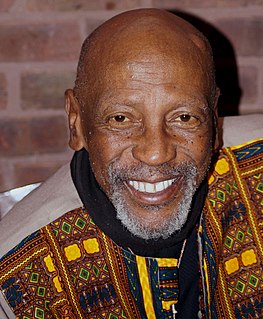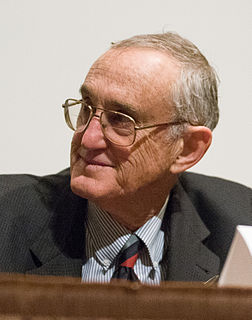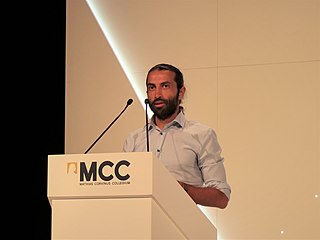A Quote by Bill O'Reilly
My parents were children during the Great Depression of the 1930s, and it scarred them. Especially my father, who saw destitution in his Brooklyn, New York neighborhood; adults standing in so called 'bread lines,' children begging in the streets.
Related Quotes
The new concept of the child as equal and the new integration of children into adult life has helped bring about a gradual but certain erosion of these boundaries that once separated the world of children from the word of adults, boundaries that allowed adults to treat children differently than they treated other adults because they understood that children are different.
There are great parents of small children - they keep their little hair in bows - but those parents are not always good parents of young adults. As soon as their children get up to some size, it's "Shut up, sit down, you talk too much, keep your distance, I'll send you to Europe!" My mom was a terrible parent of small children but a great parent of young adults. She'd talk to me as if I had some sense.
Children grow rapidly, forget the centuries-long embrace from their parents, which to them lasted but seconds. Children become adults, live far from their parents, live their own houses, learn ways of their own, suffer pain, grow old. Children curse their parents for their wrinkled skin and hoarse voices. Those now old children also want to stop time, but at another time. They want to freeze their own children at the center of time.
Palestinians no longer blamed Yasser Arafat or Hamas for their troubles. Now they blamed the Israelis for killing their children. But I still couldn't escape a fundamental question: Why were those children out there in the first place? Where were the parents? Why didn't their mothers and fathers keep them inside? Those children should have been sitting at their desks in school, not running in the streets throwing stones at armed soldiers.
What I'm interested in is the protection of children from violence, and they are exposed to violence every single day in the form of, as it's called, the news. Then you wonder why the children are running around, doing the things in the streets, doing the things that they've seen the adults doing in the so-called news.































